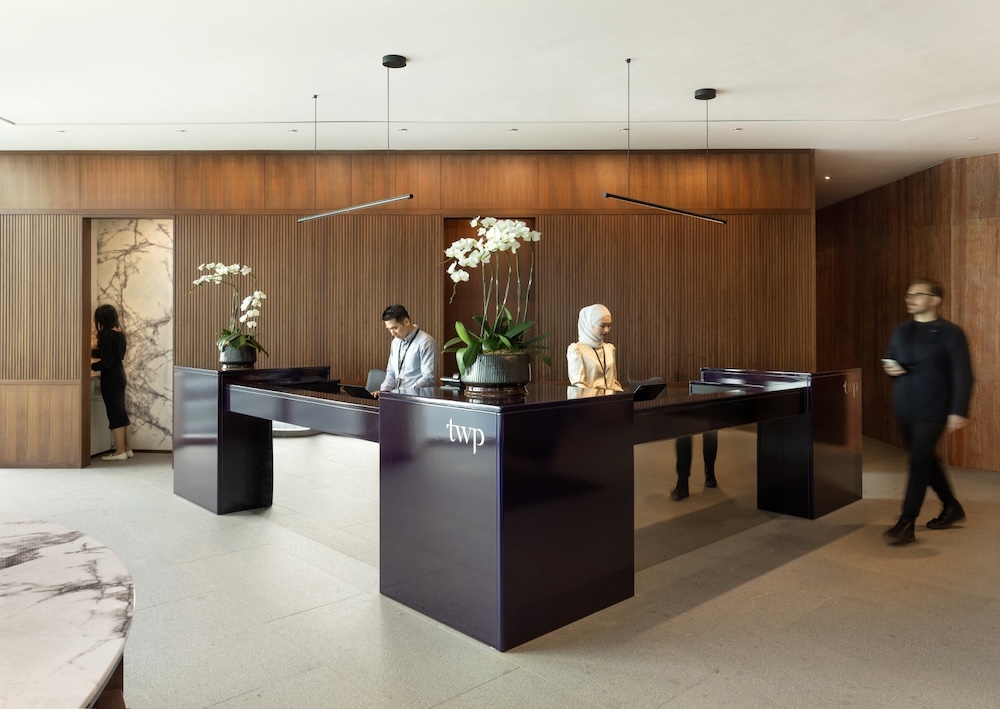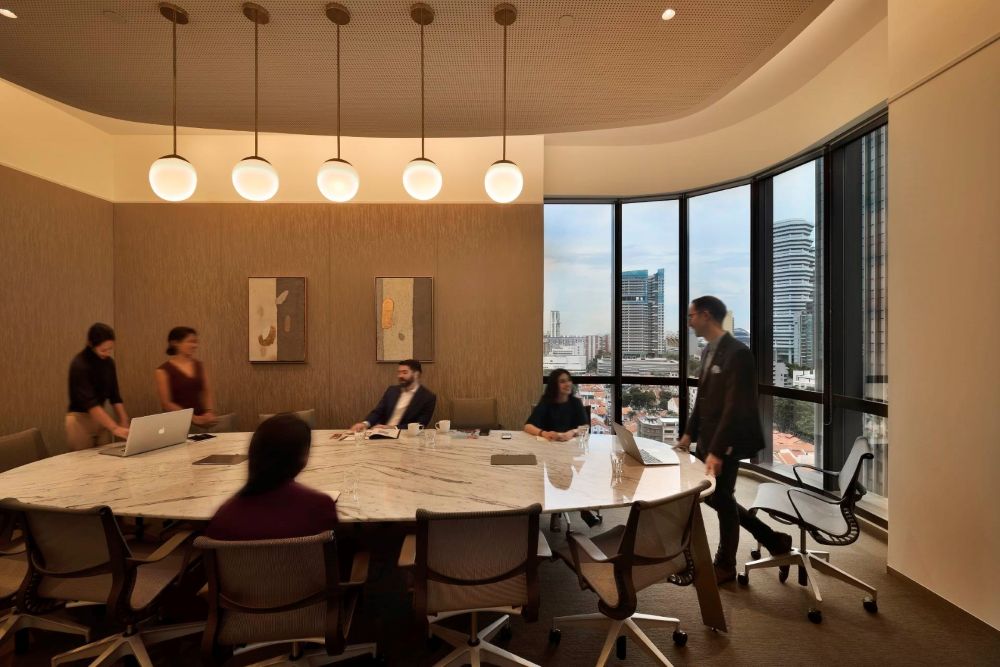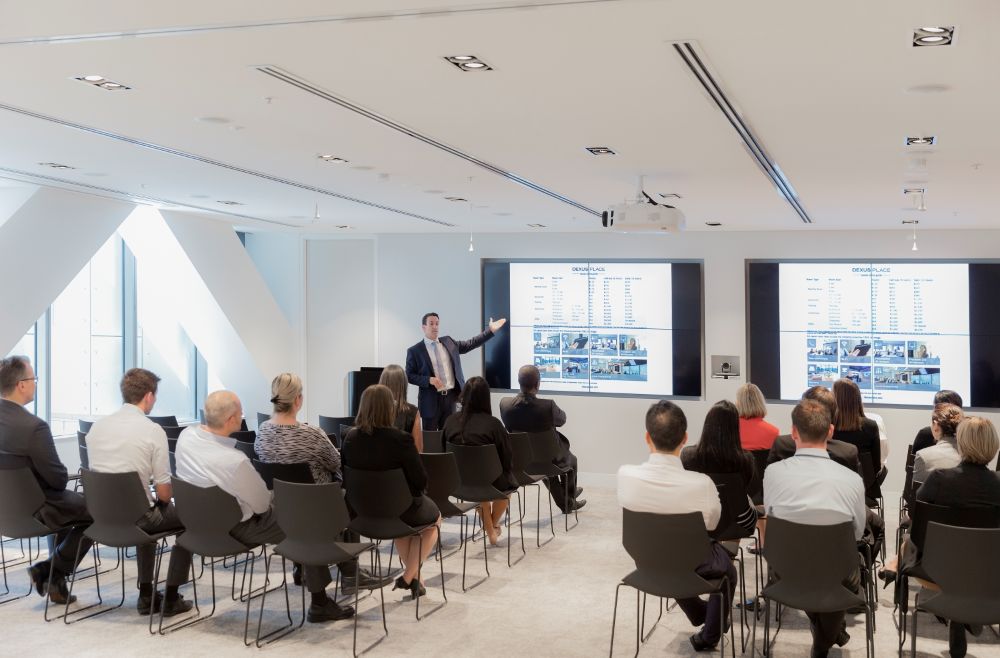Singapore's dynamic economy and supportive ecosystem make it a prime location for startups. However, navigating the early stages of business growth requires careful planning, especially when it comes to finances.
A robust financial plan is the bedrock of success for any startup in Singapore, providing a roadmap to navigate challenges, secure funding, and achieve sustainable growth. A well-structured financial plan not only helps you secure funding but also guides strategic decision-making, manages cash flow effectively, and sets realistic goals for your startup's growth.
This is particularly crucial in a competitive landscape like Singapore, where startups need to optimise their resources and demonstrate a clear path to profitability before they can tap into major sources of funding from investors.
This blog post will provide a step-by-step guide to creating a comprehensive financial plan for your startup in Singapore, covering key aspects such as understanding your financial needs, revenue projections, and keeping overheads low. We'll also discuss how choosing the right office space in Singapore can contribute to your startup's financial health and overall success.
Understanding your startup's financial needs
Before you start forecasting and seeking funding, it's crucial to understand your startup's financial needs. This involves identifying your startup costs, estimating operating expenses, and projecting revenue.
Startup costs
Startup costs are the initial expenses incurred to get your business off the ground. These can include:
- Registration fees: Costs associated with registering your company with the Accounting and Corporate Regulatory Authority (ACRA) in Singapore.
- Legal expenses: Fees for legal consultations, drafting agreements, and ensuring compliance with regulations.
- Technology infrastructure: Costs of hardware, software, website development, and other IT needs for your startup.
- Inventory: Costs of initial inventory or raw materials, if applicable.
Failing to accurately estimate and account for these startup costs can lead to financial difficulties early on and hinder your business's ability to get off the ground.
Operating expenses
Operating expenses are the ongoing costs of running your business. These can include:
- Office space rent: The cost of renting office space in Singapore for your startup, which can vary significantly depending on location and type of space.
- Utilities: Expenses for electricity, water, and internet connectivity.
- Salaries: Costs of employee wages and benefits.
- Marketing: Ongoing marketing and advertising expenses.
- Administrative costs: Expenses for accounting, legal, and other administrative services.
Accurately estimating operating expenses is a crucial aspect of creating a financial plan for startup businesses, as it helps manage cash flow and ensures your startup's long-term sustainability.
Revenue projections
Revenue projections estimate your startup's future income based on market research, sales strategies, and pricing models. Developing realistic revenue projections is essential for attracting investors and securing funding.
Consider factors such as market size, target audience, pricing strategy, and sales channels when forecasting your revenue.
It's important to be both optimistic and realistic when developing these revenue projections. While you want to demonstrate the potential for growth and profitability, it's crucial to avoid overinflating your estimates.
Base your projections on solid data and research, taking into account potential challenges and market fluctuations. A well-researched and grounded revenue projection not only strengthens your startup financial plan but also builds credibility with investors and lenders.
Forecasting your startup's financials
Financial forecasting involves creating financial statements and projections to understand your startup's performance over time.
Creating financial statements
Key financial statements for startups include:
- Income statement: Shows your startup's revenue, expenses, and profits over a specific period.
- Balance sheet: Provides a snapshot of your startup's assets, liabilities, and equity at a particular point in time.
- Cash flow statement: Tracks the movement of cash in and out of your startup.
Developing financial projections
Financial projections estimate your startup's future financial performance, typically for the next 3 to 5 years. Key metrics to include are revenue, expenses, profits, and cash flow. These projections help you assess the viability of your startup’s financial model, identify potential challenges, and make informed decisions.

TWP flexible offices in Singapore, suitable for startups
Keeping overheads low: Strategies for financial efficiency
Minimising overheads is crucial for startups, especially in the early stages when resources are limited. Here are some strategies:
- Negotiating favourable lease terms: If opting for traditional office space, negotiate lease terms that reduce costs and offer flexibility.
- Optimising resource utilisation: Carefully assess your resource needs and avoid unnecessary expenses on equipment, software, or supplies.
- Embracing technology: Leverage technology to reduce costs through automation, cloud-based solutions, and remote work capabilities.
- Choosing a cost-effective workspace: Coworking spaces offer flexible membership options, shared resources, and lower upfront costs compared to traditional offices. They can be a particularly attractive option for startups seeking private office rentals in Singapore without the burden of high overheads.
The Work Project: Supporting your startup's growth in Singapore
The Work Project provides a supportive environment for startups in Singapore, offering flexible workspaces, networking opportunities, and access to resources and events. Our coworking spaces are designed to foster collaboration, innovation, and growth, providing a dynamic ecosystem where startups can thrive.
With various locations offering offices for rent in Raffles Place and other prime areas, The Work Project provides access to premium amenities and a vibrant community of entrepreneurs and businesses. Our flexible workspace solutions cater to the diverse needs of startups, from hot desks and dedicated desks to private offices and customised suites.
Savvy startups looking to optimise their financial models and gain a competitive edge understand the importance of minimising overhead costs. By choosing The Work Project's coworking spaces, startups can significantly reduce their expenses while enjoying a prime business address and a collaborative work environment.
Building a sustainable startup: Financial planning and workspace strategies
A comprehensive financial plan is the cornerstone of success for startups in Singapore. By understanding your financial needs, forecasting your operating expenses, and keeping overheads low, you can lay a strong foundation for your startup's growth.
Remember, financial planning is not just about crunching numbers; it's about making informed decisions that support your business goals. Keeping a tight budget and optimising your resources, including your workspace, can significantly impact your startup's financial health and long-term sustainability.
For agile businesses looking for dynamic office space solutions, coworking spaces often provide a more flexible and cost-effective answer than traditional office leases.
Explore The Work Project's coworking spaces today and discover how we can support your startup's financial goals and overall success in Singapore.






